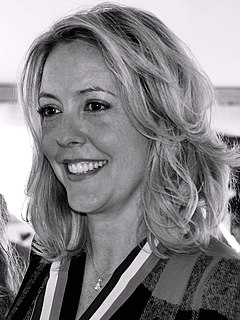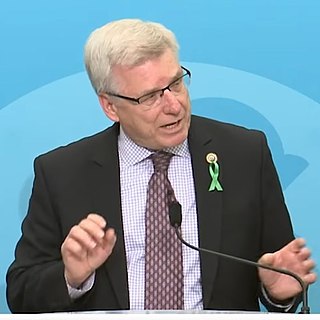A Quote by Sadiq Khan
Our prisons are full of people who are illiterate and innumerate, have been failed by the care system, and often have had a parent in prison.
Related Quotes
The war on drugs causes other supplemental crimes to take place because of the original illegality of it. But then again, that's the other reason that they're fighting it is the corporate prisons they have now. Because they've privatized all our prisons, corporations have to make money, and the only way they can make money is, I believe, the prisons have to be at least 80-90 percent full. That's why the United States - which is home of the brave, land of the free - we have more people in prison than any other country in the world.
The prison-industrial complex employs millions of people directly and indirectly. Judges, prosecutors, defense attorneys, prison guards, construction companies that build prisons, police, probation officers, court clerks, the list goes on and on. Many predominately white rural communities have come to believe that their local economies depend on prisons for jobs.
Being a figurehead for those with family members in prison is somewhat new for me. Something I've discovered since my father's incarceration is that the prison system is broken. My first-hand experiences have taught me that reform needs to happen sooner than later. I'm most interested in mentoring children with parents in prison. When a parent is sentenced to a jail term, the child is sentenced to the same time to be spent without a mother or father. No child should suffer a stigma or lack support and guidance because of the sins of a parent.
We have seven and a half times as many people in prison. And we have eight times as many black women in prison now as we did in 1981, when I left the White House. So that's been one of the major concerns I've had as a non-lawyer, to criticize the American justice system, which is highly biased against black people and poor people. And it still is.
The War on Drugs has failed - but it’s worse than that. It is actively harming our society. Violent crime is thriving in the shadows to which the drug trade has been consigned. People who genuinely need help can’t get it. Neither can people who need medical marijuana to treat terrible diseases. We are spending billions, filling up our prisons with non-violent offenders and sacrificing our liberties.
A conscious parent is not one who seeks to fix her child or seek to produce or create the 'perfect' child. This is not about perfection. The conscious parent understands that is journey has been undertaken, this child has been called forth to 'raise the parent' itself. To show the parent where the parent has yet to grow. This is why we call our children into our lives.
I've written about illegal immigrants in the United States; I spent a year following migrant farm workers as they were harvesting. I've written about our criminal justice system, and how it treats the victims of crime. I've been working for years now on a book about prisons in America, and I've been going into prisons and traveling around the country and seeing what's going on.
There are several dozen political prisoners in Russia. When I cite that number people are often very surprised. They often think there are more. Well - there are hundreds of thousands of people who haven't had a fair trial, who are victims of the political system. But in the Amnesty International sense of the word, most of them are not political prisoners because they are not going to prison for protesting.
The war on drugs has been the engine of mass incarceration. Drug convictions alone constituted about two-thirds of the increase in the federal prison population and more than half of the increase in the state prison population between 1985 and 2000, the period of our prison system's most dramatic expansion.
Prison is quite literally a ghetto in the most classic sense of the word, a place where the U.S. government now puts not only the dangerous but also the inconvenient—people who are mentally ill, people who are addicts, people who are poor and uneducated and unskilled. Meanwhile the ghetto in the outside world is a prison as well, and a much more difficult one to escape from than this correctional compound. In fact, there is basically a revolving door between our urban and rural ghettos and the formal ghetto of our prison system.

































